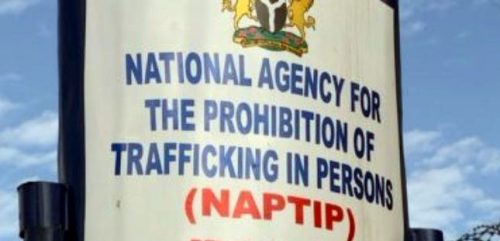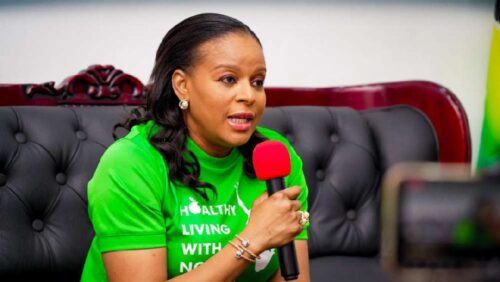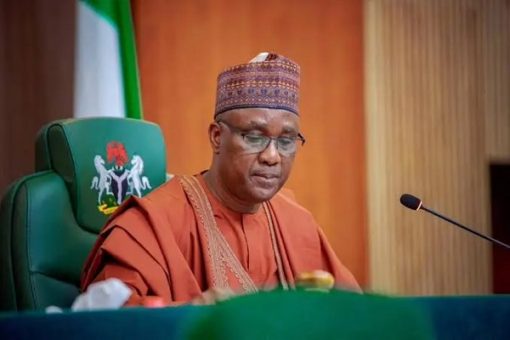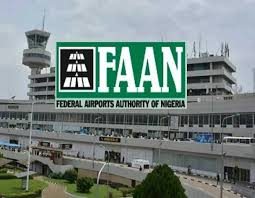Looting forces, not market, fixed tariffs, Nigerians cry out

By Doosuur Iwambe & Tunde Opalana
Some Nigerians have reacted furiously to the suspension of Monday’s planned strike by the Nigeria Labour Congress (NLC) and Trade Union Congress (TUC), accusing the groups of playing into the hands of a few rich countrymen bent on impoverishing the citizens.
The unions had threatened to ground the economy, accusing the Federal Government of unjustly increasing the pump price of petrol and electricity tariffs. Chairman of the Edo State chapter of the NLC, Sunny Osayande, faulted the decision by labour leaders to suspend the strike.
He said the decision was hurriedly taken by the national leaders without consultation with the National Executive Council (NEC) members and key stakeholders across the country.
“We are supposed to be the voice of the common man on the street.
We cannot continue to do things the same way because Nigeria does not belong to a certain class of people,” he said, urging the government to revert to the old fuel and electricity prices and fix the nation’s refineries immediately.
Also, Mr Augustine Olaye, an independent Port Harcourt-based oil marketer told Daily Times on phone: “Do you remember how many times we have heard such promises?
Come on, these people should stop fooling Nigerians. Reviving of refineries is not done through lip-service and on the pages of newspapers. “It is very unfortunate that the NLC hurriedly gave in to such absurd promises.
They should stop playing on the intelligence of Nigerians.
They will tell us what we want to hear and go behind to enrich their pockets to the detriment of the poor masses.
“What stops the Federal Government from initiating moves to revive at least one refinery even before now?
If they want to do that, they would have done it a long time ago. We are sitting on a time bomb and my prayer is that it should not explode soon.”
Director of programmes at Corporate Accountability and Public Participation Africa (CAPPA), Philip Jakpor, said the strike would have been the masses’ weapon to resist unpopular policies of government.
“I was surprised to hear that the strike was suspended in such a hurry. Was there any solid foundation laid to ensure that government will keep its promises?
Were other NLC members across the states consulted before arriving at the decision?
These people should stop playing over the intelligence of Nigerians,” he said. Engineer Ifedi Okonkwo, a consultant to Delta State Public Procurement Commission, said: “The strike is not simply about the hikes in fuel price and electricity tariff, but rather a subtle act of revolution to ventilate the people’s accumulated frustrations and complete lack of trust for their rulers.
“Can they present a sincere and forensic analysis of the deal they struck with the DisCos viz-a-viz their technical and financial capacity for such business, before attempting to justify the tariff hike; and also explain who benefits from the billions of naira buried in the dead refineries every year, while they’re still importing fuel and shamelessly telling Nigerians ‘market forces’ when what we’re actually up against are ‘looting forces’.”
Also, a professor of Petroleum Economics, Wumi Iledare, said: “Deregulation is a reasonable thing to do. There is no reason to embark on strike.
Government did not hike the price. Government does not sell premium motor spirit (PMS), also known as petrol, and the Nigerian National Petroleum Corporation (NNPC) is not the Federal Government. NNPC is actually getting nothing on PMS per se, at N160 per litre of petrol.
It is selling at a social optimum price, in my opinion, which offers a breakeven at below average total cost.”
He commended the labour unions for their understanding on what government was trying to do with the oil sector.
On the electricity tariff, the don said that it was a different story, as the PMS market structure was different from that of electricity in Nigeria.
“Lumping the two issues together is misleading,” he said. Meanwhile, the Minister of State for Petroleum, Chief Timipre Sylva, on Monday called for a timely utilization of the nation’s oil resources through the implementation of a comprehensive Petroleum Industry Bill (PIB).
This is because the days of oil in Nigeria are numbered, he noted. On its part, the leadership of the National Assembly promised to ensure a speedy passage of the PIB document sent to the parliament a fortnight ago by President Muhammadu Buhari.
The minister said the country should be take note of a forecast that there will be about 50 per cent reduction in global oil output in the next 20 years. S
ylva disclosed this at an interactive session of stakeholders in the oil industry with the leadership of the National Assembly on Monday evening.
He said: “Globally, oil will play less role in economies of nations across the globe. The days of oil are numbered.
The world is looking towards alternate energy, so Nigeria should focus on taking advantage of its resources.”
The minister enlisted the input of legislators in the passage of the PIB, which he said “is to make Nigeria an attractive investment destination”.
In his opening remarks, Senate President, Ahmad Lawan, said the communication from President Buhari to the National Assembly on the revised PIB will be read on the floor of both chambers at resumption of plenary today (Tuesday).
Promising to promote the passage of the bill, Lawan assured that the parliament would be thorough in the process because the bill is crucial to the economy of the country.
Meanwhile, the Federal Government on Monday in Abuja outlined modalities for the disbursement of 2,000 buses to cushion effects of subsidy removal.
Dr George Akume, Minister of Special Duties and Intergovernmental Affairs, in his speech at an inter-ministerial stakeholders meeting on poverty alleviation, said the initiative was also part of programmes to lift 100 million Nigerians out of want.
Akume said the initiative was a collaboration among his ministry, Agriculture and other government agencies, saying, the disbursement of the buses would be through cooperative societies of Nigeria.
He recalled that Buhari in his 2019 democracy speech, promised to lift 100 Nigerians out of poverty through numerous initiatives.
“The alleviation of poverty in Nigeria has been and always remains a cardinal agenda of the Administration of His Excellency, President Muhammadu Buhari.
“You will recall that Mr President in his 2019 Democracy Day address said, With leadership and a sense of purpose, we can lift 100 million Nigerians out of poverty in 10 years, ” Akume said.
According to him, the need to tackle and eradicate poverty has become even more accentuated in the aftermath of the COVID-19 pandemic and its devastating effect on the world economy generally.
Akume explained that the difficulties encountered by the recent deregulation of the downstream sector which was aimed at putting the economy on sound footing, also called for need for such initiative.
READ ALSO: How FG, Labour reached truce on planned strike
Also speaking, Sen. Gbemisola Saraki, Minister of State for Transport highlighted the importance of the programme.
She said it would ease transportation challenges among the rural farmers in particular.
“The full impact of increasing agricultural productivity would not be realised until we can eliminate the farm-gate and in-transit losses that eroded up to 70 percent of the gains,” she explained.
In his contribution, Mr Abubakar Jibril, Chairman of the Federal Director of Cooperatives assured Nigerians that the cooperative platform would follow the structure of cooperative system operating in Nigeria.
Jibril added that the collation system would be from the grassroots to the national level.










